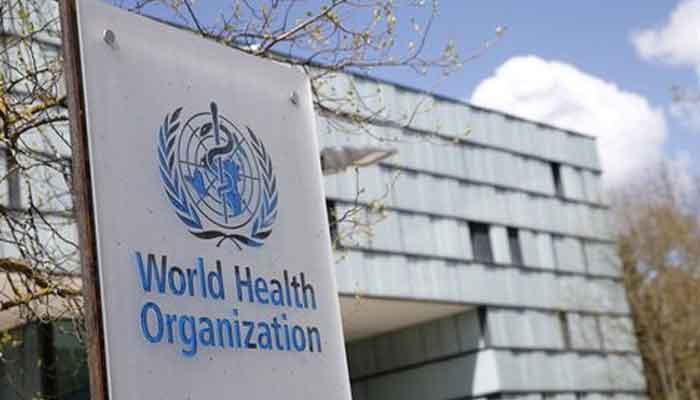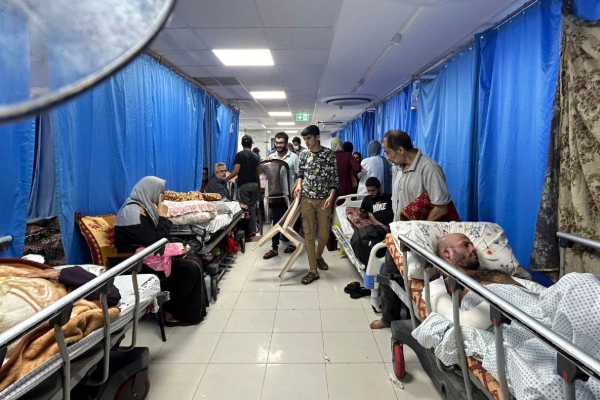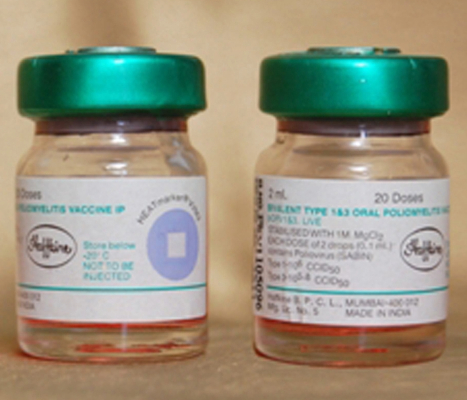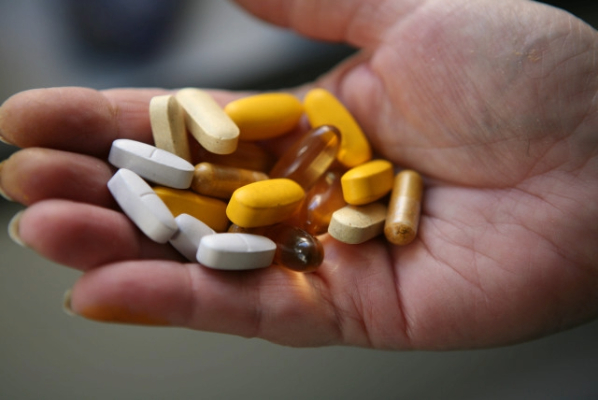GENEVA: After more than three years of negotiations, the World Health Organization (WHO) announced on Wednesday that its member states have reached an agreement to strengthen global defenses against future pandemics.
This legally binding pact, following the devastating impact of the COVID-19 pandemic, aims to prevent similar crises and enhance preparedness for emerging pathogens.
The agreement, hailed as a significant achievement in global health cooperation, outlines a series of key measures to bolster pandemic response capabilities. Notably, the proposal includes the establishment of a pathogen access and benefit-sharing system, a critical step in ensuring that pathogens are shared globally for research while ensuring equitable benefits for all involved. In addition, the pact emphasizes the creation of geographically diverse research capacities to better understand and respond to infectious diseases.
Another cornerstone of the agreement is the development of a global supply chain and logistics network to ensure timely access to medical supplies and vaccines during future health emergencies. Strengthening health system resilience and preparedness is also highlighted, with a focus on making national healthcare infrastructures more robust in the face of potential outbreaks.
The WHO described the agreement as a major step forward, marking a turning point in the global effort to make the world safer from pandemics. "This is a historic moment," the health body stated in its announcement.
While the agreement is seen as a win for multilateralism, it comes at a time of shifting geopolitical dynamics. The United States, which initially showed reluctance to engage in early talks, formally withdrew from the WHO’s discussions earlier this year under the executive order of President Donald Trump. Despite this, experts believe the agreement demonstrates the global commitment to working together, even in the absence of major powers.
The proposal will be presented at the World Health Assembly policy meeting in May for further consideration, marking another critical step in shaping the future of global health governance.









